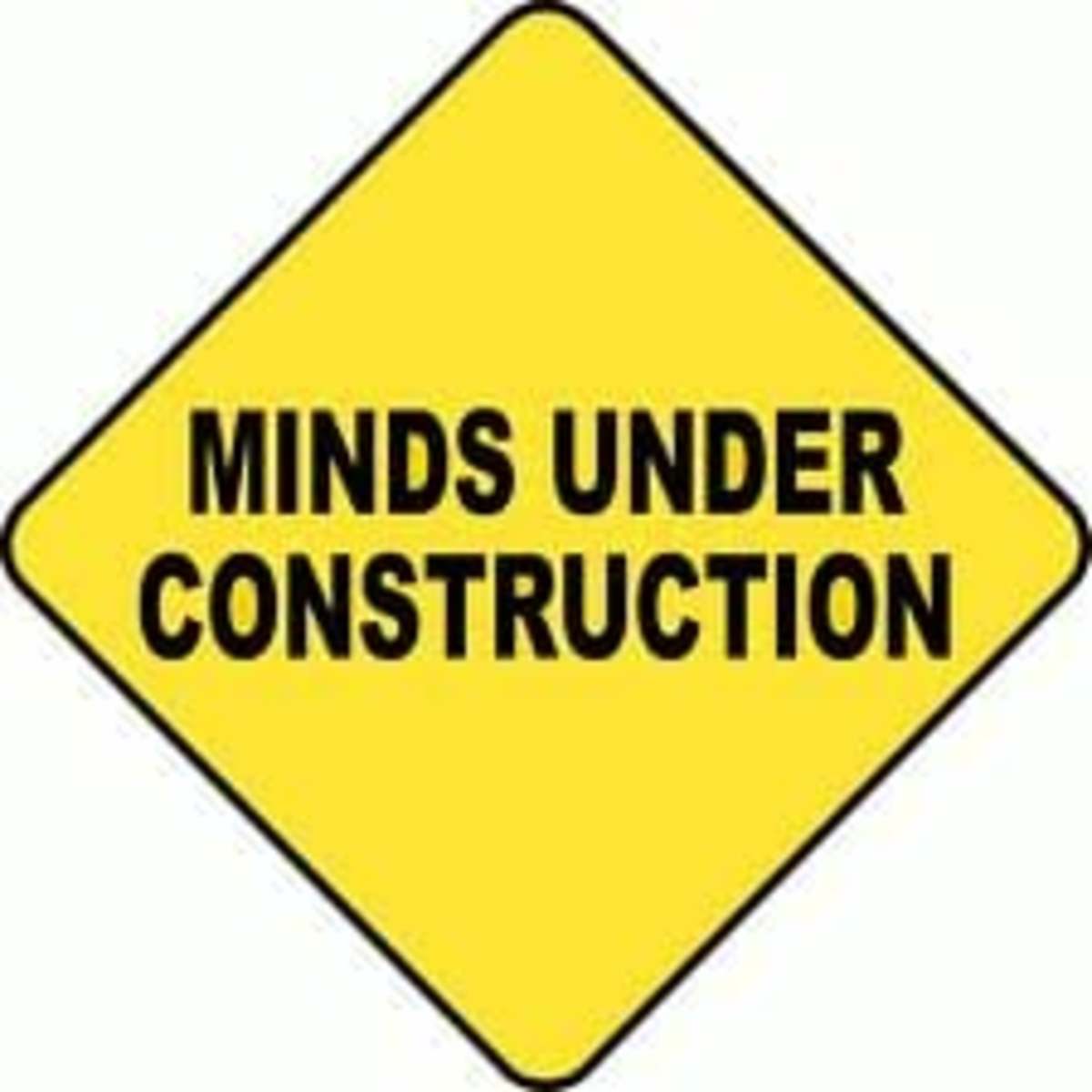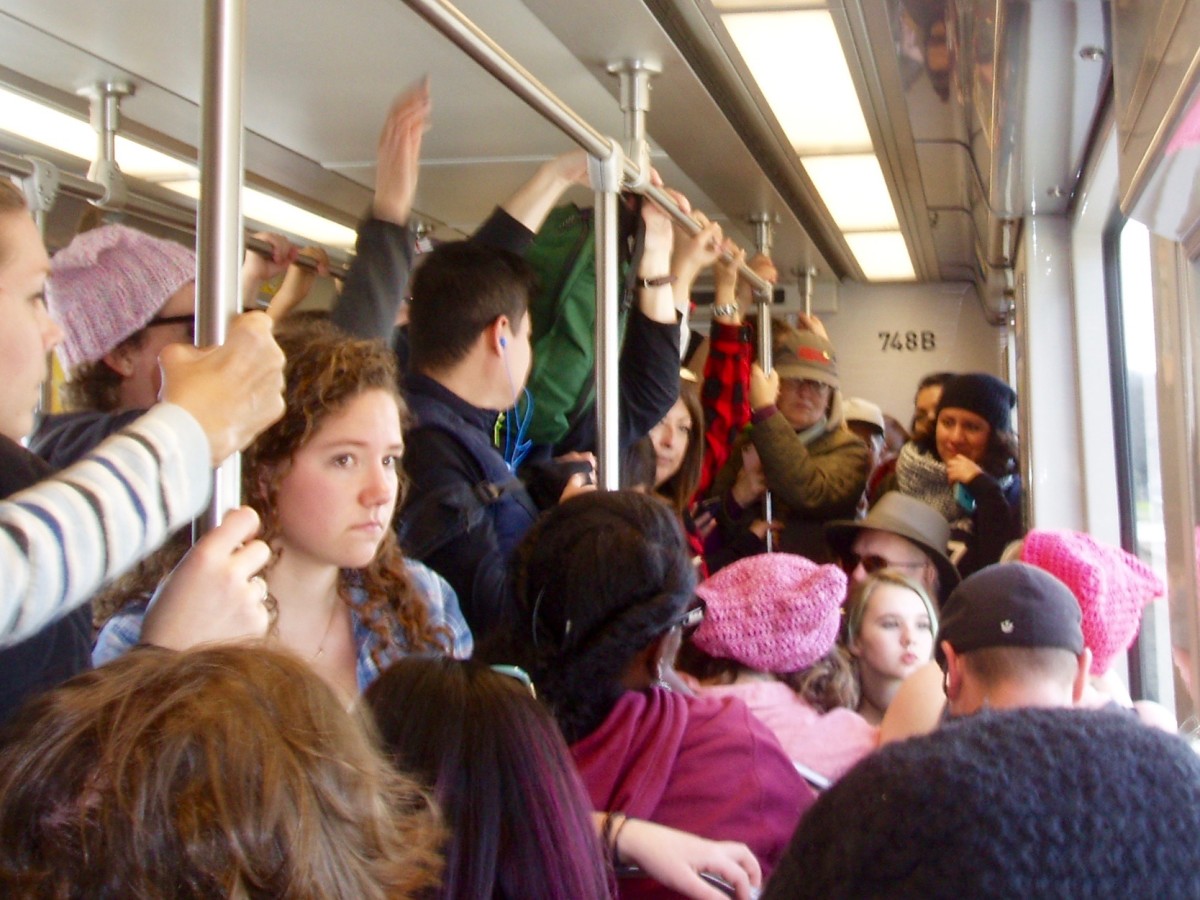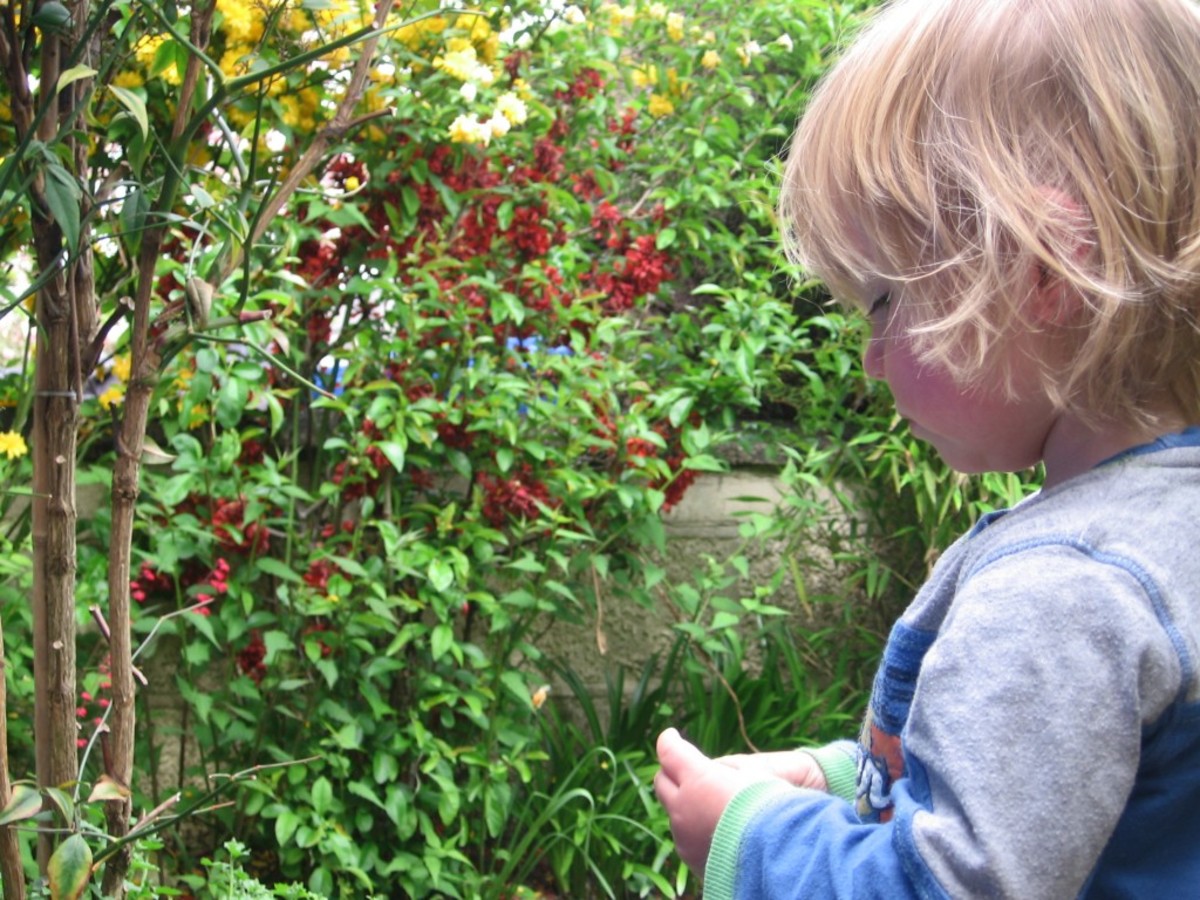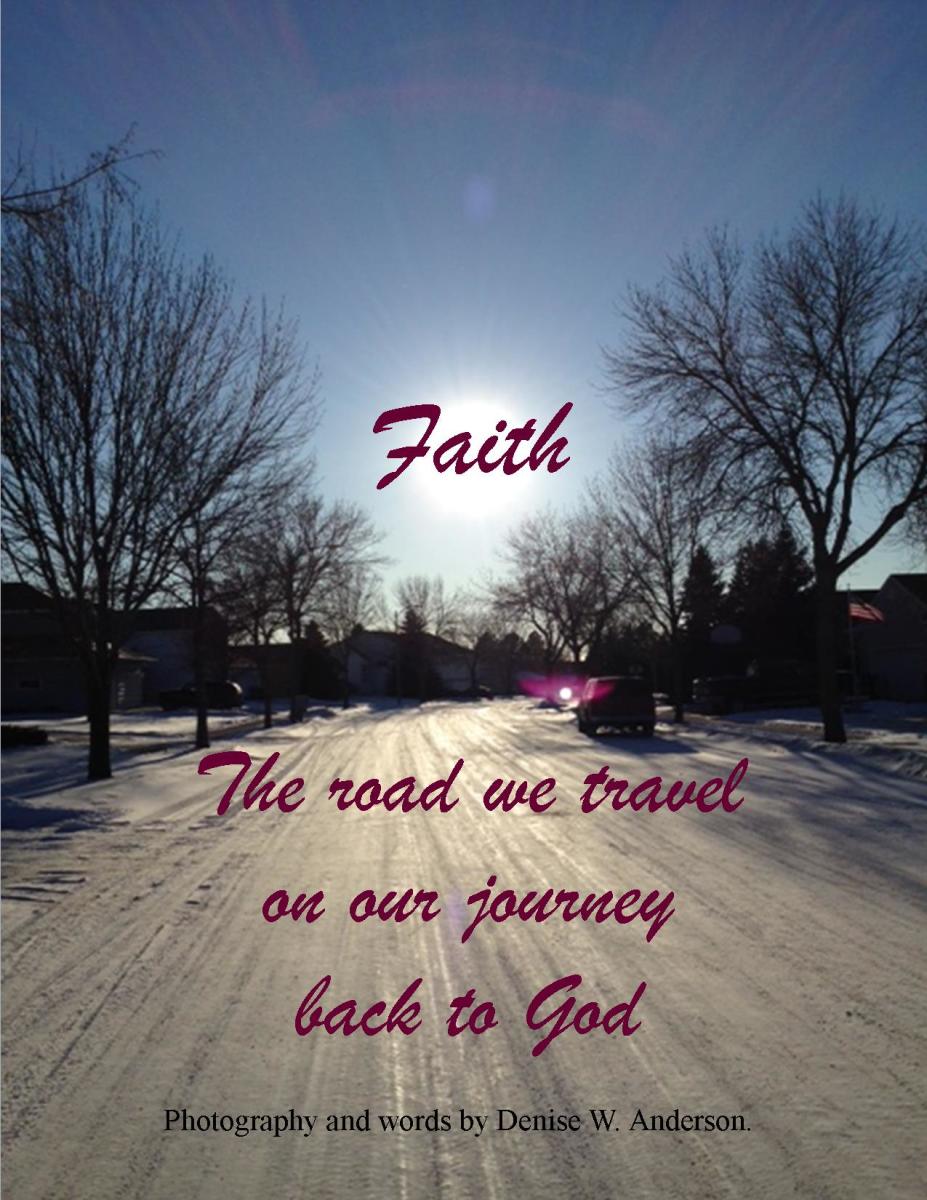Practical Optimism: Making Cynicism Your Strength

Mastering the principle of hoping for the best while expecting the worst
When we hear the word “optimism,” two images come to mind, the glass that is always half-full and perennially happy people wearing rose-colored glasses. The first image is that of perspective, simply you can choose how you view any situation in your life, and the second image is that of experience being reflected by the perspective you choose when viewing your life. While it’s a nice ideal to choose your perspective and subsequently choose your experiences through that perspective, it’s also much easier said than done for most of us.
Against all odds, I’ve been an optimist all my life. Some people are born with this quality as a personality trait. I happen to be one of those people, yet I also believe it can become a skill and be learned as well. Without going into details, I had a difficult childhood. I was abused verbally, physically, and sexually. I was neglected. I was eventually abandoned. My mother left me with my father who was an alcoholic. Due to his addiction, there were times we were on the verge of homelessness. We were very poor. I knew at a young age what it was like to go hungry or be without toys at Christmas. I felt the shame of needing assistance from others who were “better” than me, eating at the Salvation Army kitchen, accepting donations of clothes, shoes, and toys during holidays, and relying on the Social Worker’s visit to ensure my safety and welfare.
In the world I lived in as a child, I had no reason for hope. All the girls my age were already pregnant, some of them as young as 12 or 13. When you are poor, oftentimes the greatest luxury you lose is your childhood. Everyone around me was busy growing up in a hurry. I was growing up in a hurry too, but I fought it. Thanks to my natural optimism, I kept the innocence of my world intact as long as I could. While many of my peers were having babies, I was still playing with my dolls. They thought they were being rebels by having sex with the older teenage boys, but I could see they were just conforming to poverty level norms, doing exactly what was expected of them. I was the true rebel, and I knew it. I stayed indoors, kept away from the boys, read as many books as I could get my hands on, studied hard, and wrote my heart out.
I graduated high school against all odds. Just getting to school every day was a major battle. My father would be hung over and refuse to drive me to school. I always had the maximum amount of tardies and absences each year. When I showed up late again, my teachers would look down on me, frowning away at my irresponsibility. I felt the shame of that too. Nevertheless, I took Advanced Placement classes. I dreamed of college. I participated in Choir and Speech & Debate as well, staying late into the evening for extracurricular activities of my own will, sometimes walking home several miles in the dark when my father forgot me. He didn’t make it easy. Sometimes he would get drunk, and we would fight. He would crank the stereo up so loud I couldn’t think and bother me while I was studying. Then he would say to me, “I don’t know why you’re even trying. You aren’t going to amount to anything. No one in this family ever does.” Needless to say, he was surprised when I graduated college.
Looking back, it was my optimism that propelled me. No matter how terrible my life was in the moment, something in me said, “tomorrow is going to be better.” I also had wisdom beyond my years at a young age. I somehow knew the problem with my father was a lack of personal responsibility. I always had an enormous amount of responsibility on my shoulders my entire life from having to take up the slack of my absentee parents. I had to begin raising my younger brother when I was only 11. It was a monumental task for me which I felt deeply and took very seriously. At times I felt like I was also raising my father, clucking at him to pay the bills on time or to buy groceries. Only later in college, when I began studying existentialism from a psychological and philosophical perspective did I truly understand the role responsibility plays in the freedom we have as individuals to choose most of what happens to us and all of how we respond to it.
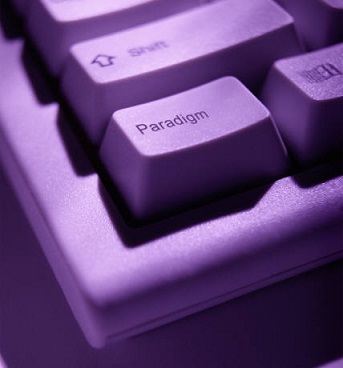
Are you ready for a paradigm shift?
So as I was in college, I developed an idea regarding optimism, choice, responsibility, and freedom. It’s now the centerpiece of my entire existence. It drives the way I approach every situation in my life, affecting my responses, my reactions, and ultimately my feelings. As I’ve said before, I’m a little bit happy-go-lucky by nature, yet my harsh experience of life at a young age tempered that quality in me and gave me a healthy dose of cynicism. I learned it’s dangerous to walk through the world wearing rose-colored glasses. It’s a positively tainted view of everything happening around you. The reality is bad things happen, you can’t stop bad things from happening, and sometimes bad things are going to happen to you. Cynicism helps you accept those bad things and prepares you for them.
One day I had this epiphany that every experience in life is neutral. Nothing that happens to us is positive or negative. Every experience is devoid of meaning beyond the meaning we CHOOSE to attach to it. Now, there are good and bad experiences. Good things and bad things will happen to us. However, whether those experiences are positive or negative for us remains our own choice. A few examples here would be the lottery winner whose life ends up in ruins or the rape victim who becomes an advocate. Winning the lottery is surely agreed upon to be a good experience. However, it can, and has for many who have done so, lead to more trouble, grief, and even tragedy depending on how the person handles the experience and his or her money. Similarly, rape is surely agreed upon to be a bad experience. However, it can become a source of strength for the person, growing compassion and care as well as a deep sense of purpose for him or her if dealt with properly.
We are not a slave to our experiences. They do not control who we are. God gave us free will and in that the freedom to choose the person we become each and every day of our lives. At any moment we can be a better or worse person than we were before. It’s up to us to decide. There is a great responsibility in that freedom as well because we are all called to the challenge of being quality people. It’s easy to make excuses for our behavior, to act helpless as if life were just happening to us, but the truth is we are happening to life.
How many of you are in control of your own destiny?
Which of the following beliefs fit you?
© 2013 maramerce


